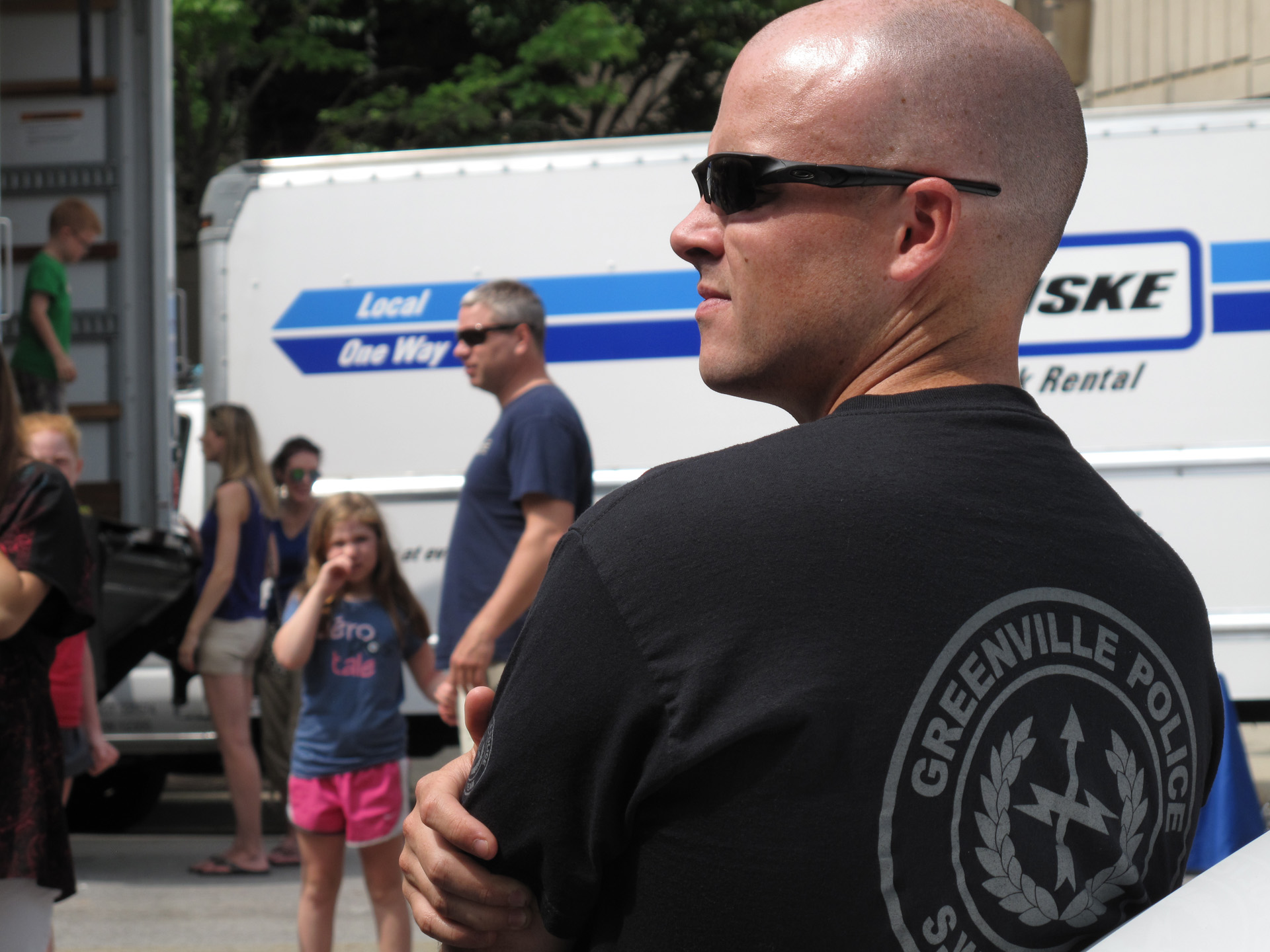Contextualizing

Here’s former NYC police officer and prosecutor Eugene O’Donnell quoted in a May 5, 2015 NY Times article titled “Police struggle with loss of privileged position“:
There was a time in this country when elected officials – legislators, chief executives – were willing to contextualize what police do. And that time is mostly gone.
I’m assuming that “contextualize” translates in this case as “rationalize,” just as “look the other way” might be termed “take the broadest possible view”.
Staff writer Noam Scheiber reminds us elsewhere in the article that “during the urban crime epidemic of the 1970s and ’80s and the sharp decline in crime that began in the 1990s, the unions representing police officers in many cities enjoyed a nearly unassailable political position. Their opposition could cripple political candidates and kill police-reform proposals in gestation.”
Point: Col. Nathan Jessep’s observation that we “can’t handle the truth,” that we “don’t want the truth because deep down in places (we) don’t talk about at parties, (we) want (him) on that wall.”
Counterpoint: Ben Franklin’s oft-misquoted observation that “Those who would give up essential Liberty, to purchase a little temporary Safety, deserve neither Liberty nor Safety.”
Case in point: The Greenville police department’s show of military might last year at the downtown Saturday market. Armored personnel carrier, black T-shirts, camouflage pants, stony expressions behind Terminator shades. The message being?
But the militarization of our civilian police forces, like the privatization of our increasingly for-profit penal system, might be “contextualized” ad infinitum, were it not for the fact that even those of us who generally abide by the rules are being made feel like criminals.
Welcome to the National Security State, sir. Please take off your shoes.